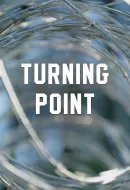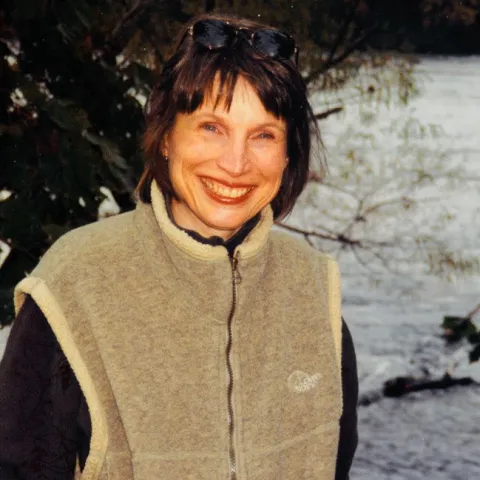Revisiting the one of a kind literary forum Writer's Workshop, Benjamin Dunlap and William Price Fox interview Pauline Kael. Best known for being the New Yorker Magazine’s film critic, she has achieved significant influence throughout the movie industry, the movie world. Pauline Kael observes that reading is probably about the most important thing a writer can do. Reading allows you to avoid the mistakes of the past, to come up with fresh perspectives. Certainly, as important as living, which is always talked about—but living doesn't do you any harm either. Looking back on her personal history as a writer, Kael offers some useful advice for aspiring screenwriters, and she has some strong views on the connection between writing and reading. Kael shares her thoughts about how the creativity of women is viewed in the industry and negative aspects of the label “impressionistic.” She also shares her thoughts on Italian film and current directors, their styles and watching the movies only once.
Side Notes
- June 19, 1919 - September 3, 2001
- Pauline Kael wrote for The New Yorker from 1968 to 1991.
- February 21/27: Publication of her essay “Raising Kane” in The New Yorker in 1971, noted as being her longest critique.
- June 23: Publication of “Why Are Movies So Bad? Or, The Numbers” in The New Yorker in 1980.
The Writer's Workshop features 15 major talents in contemporary literature who met in a one-on-one forum with well-known author William Price Fox and University of South Carolina creative writing students. Each writer discussed his or her personal writing methods, furnishing insights into the highly individualized process of literary creation. Other authors include George Plimpton, James Dickey, James McPherson, John Gardener, John Hawkes, John Irving, Kurt Vonnegut, Nora Ephron, Pauline Kael, Reynolds Price, Stephen Spender, Susan Sontag, Tom Wolf, William Price Fox, and William Styron.

